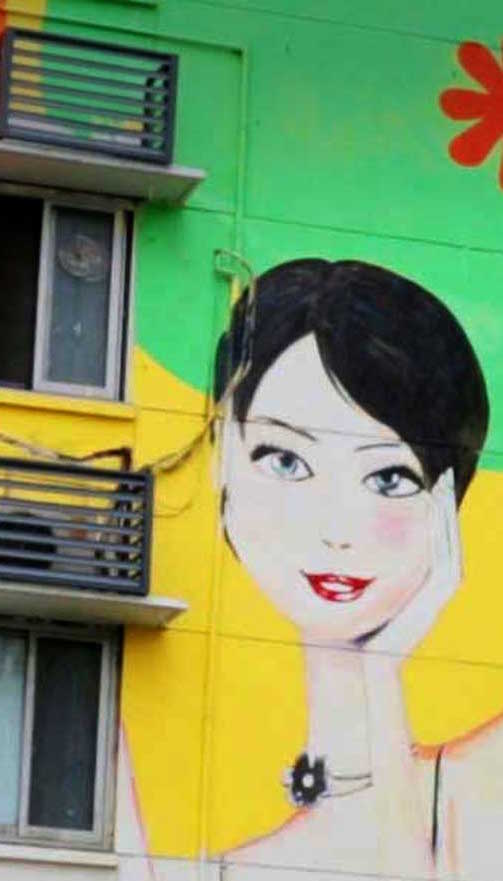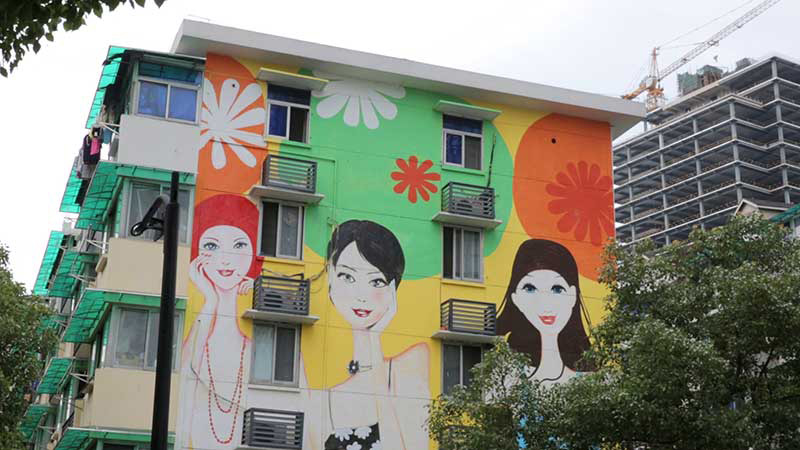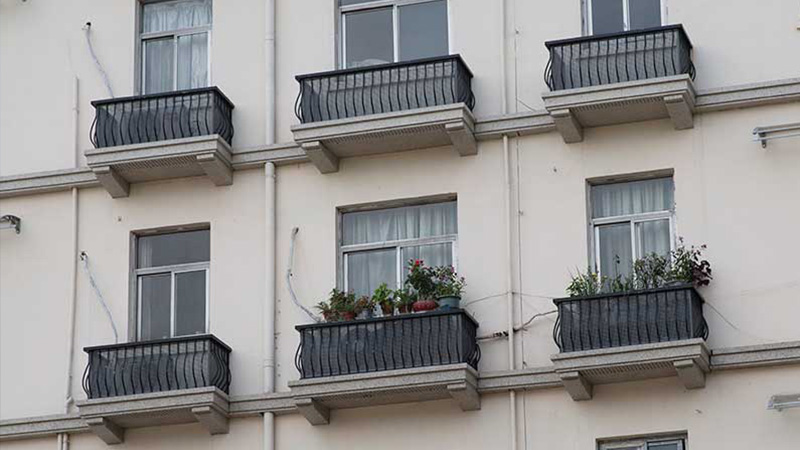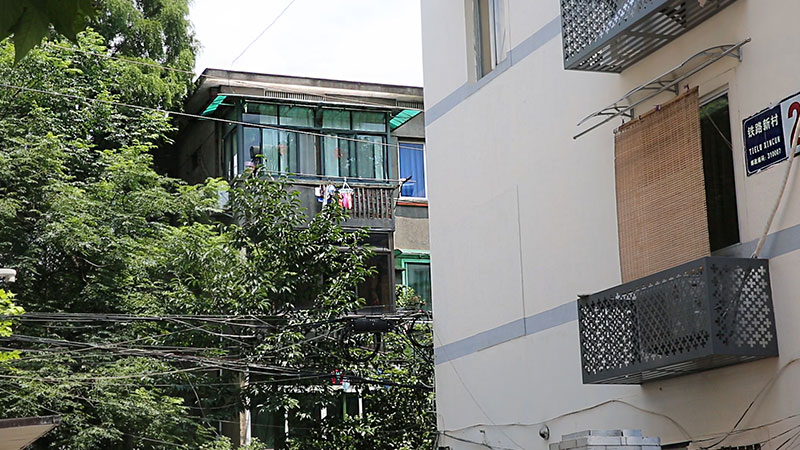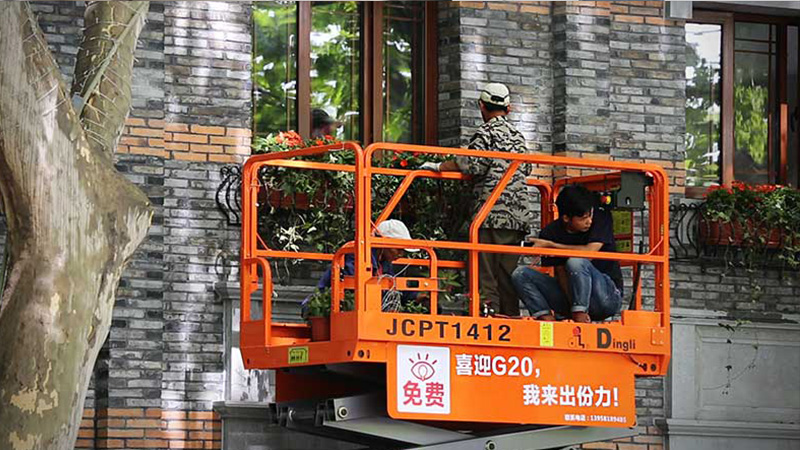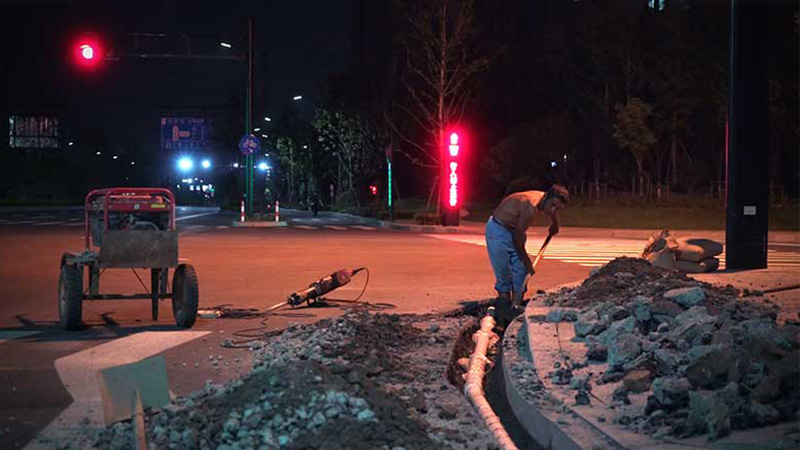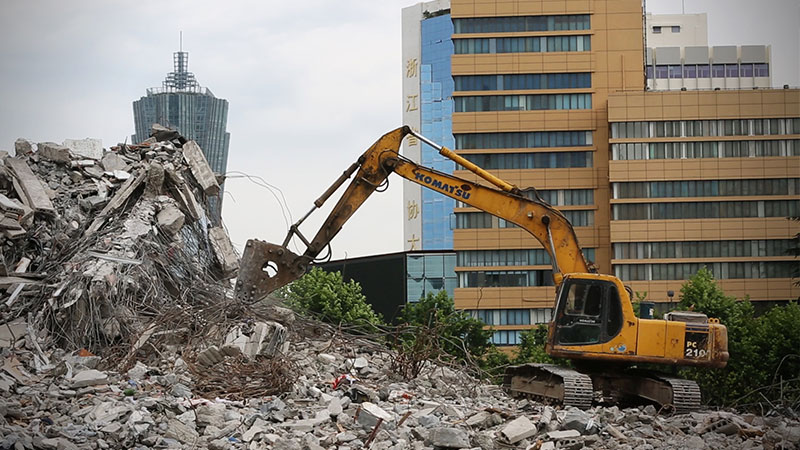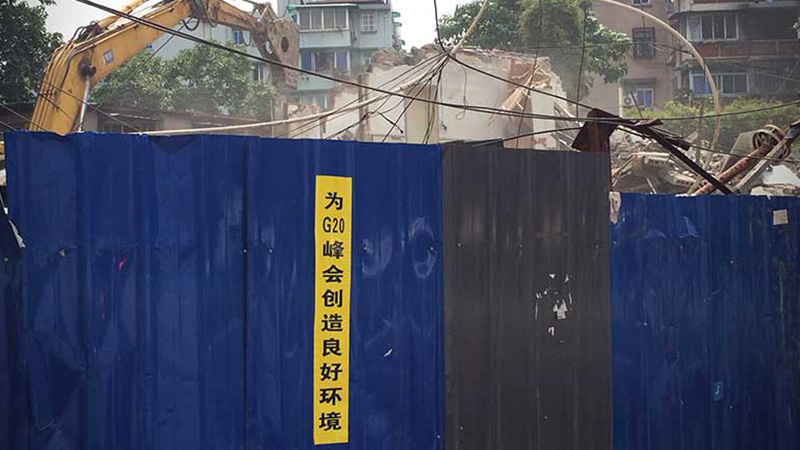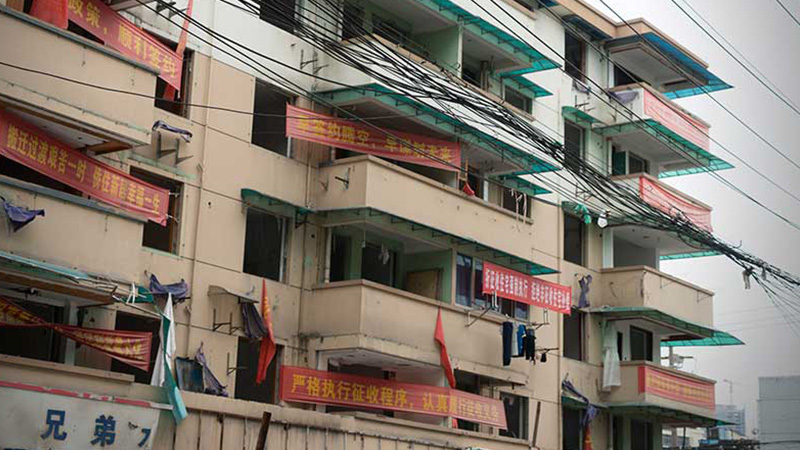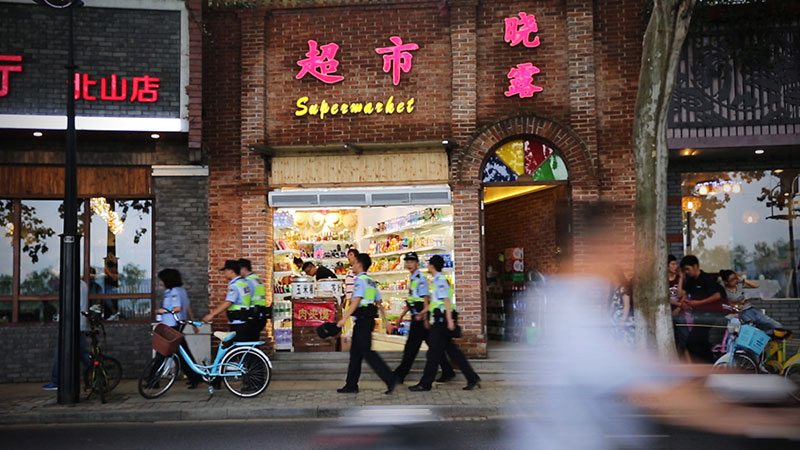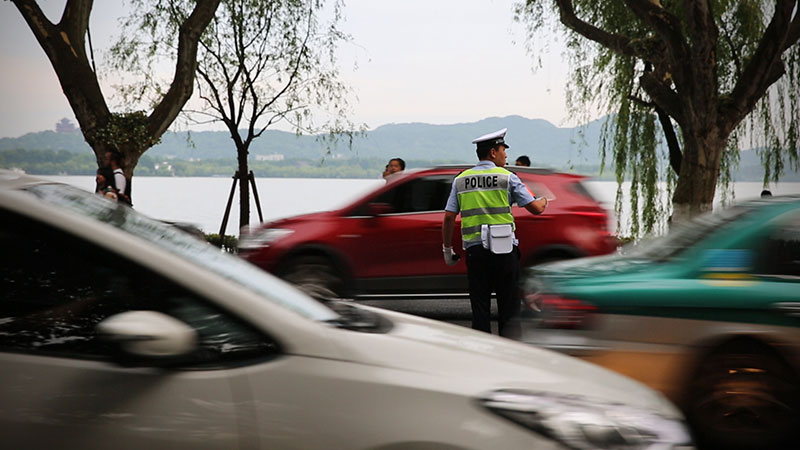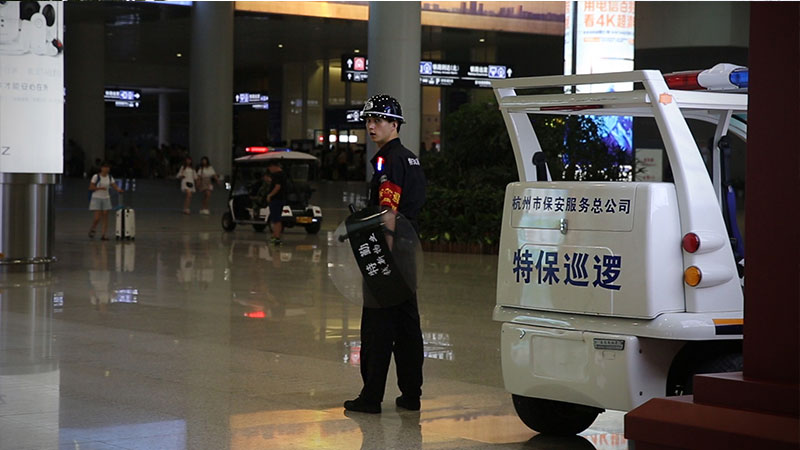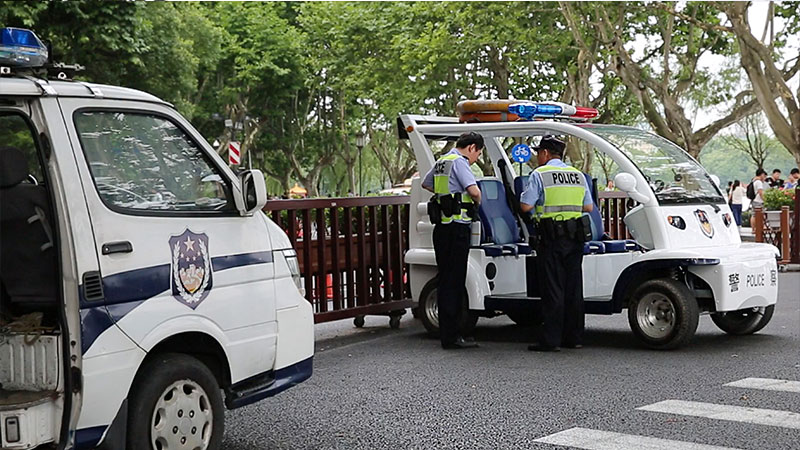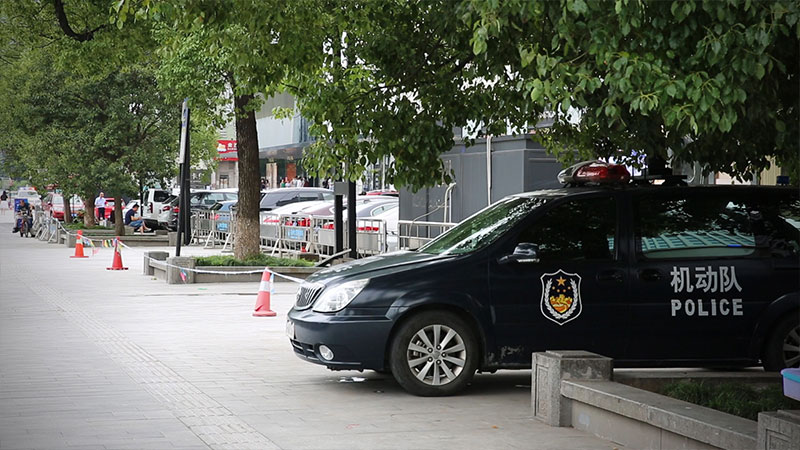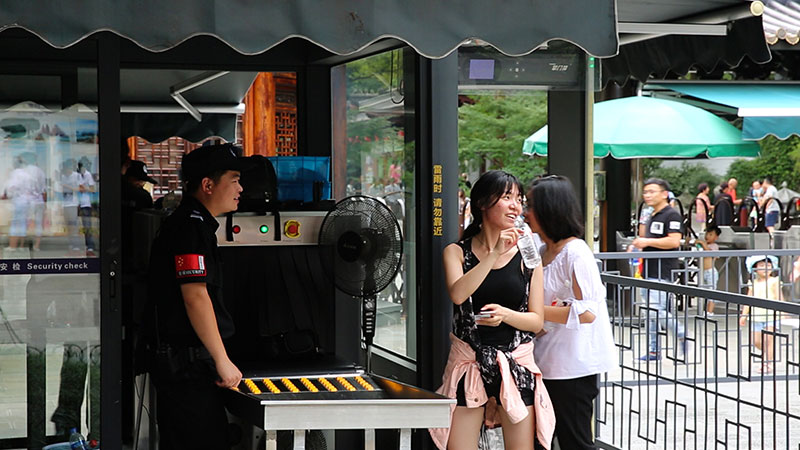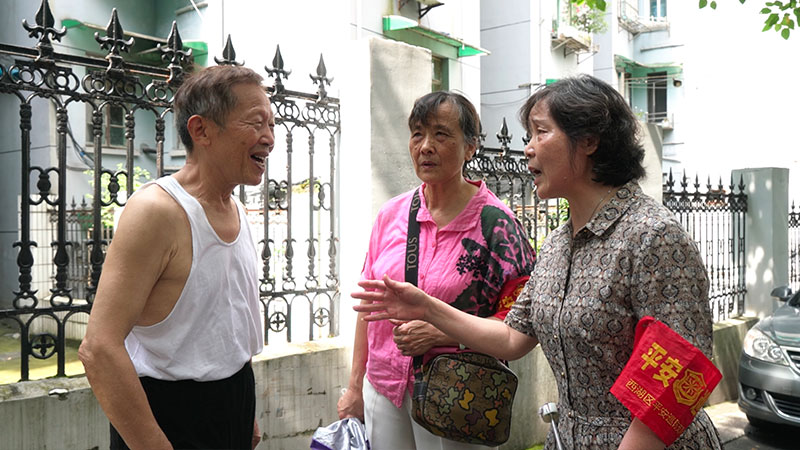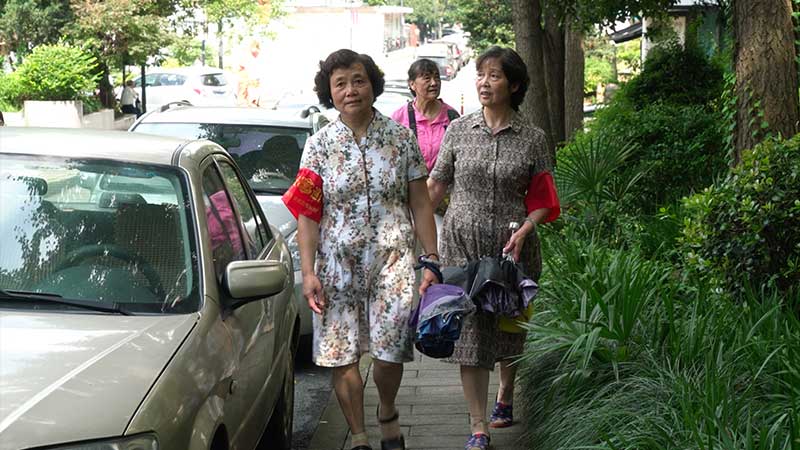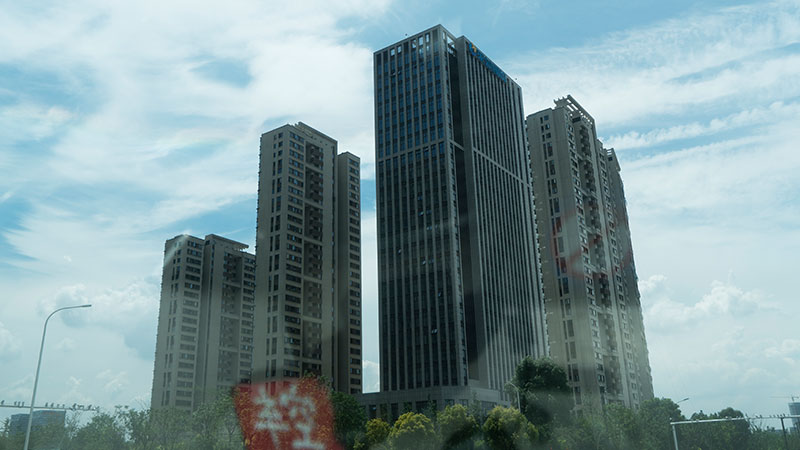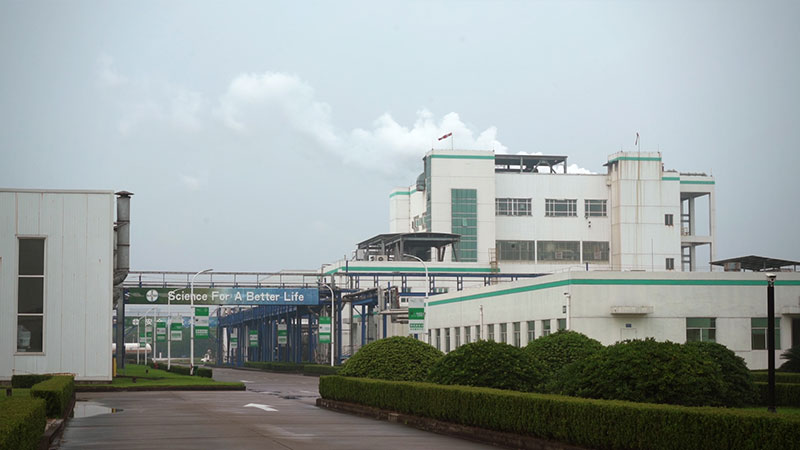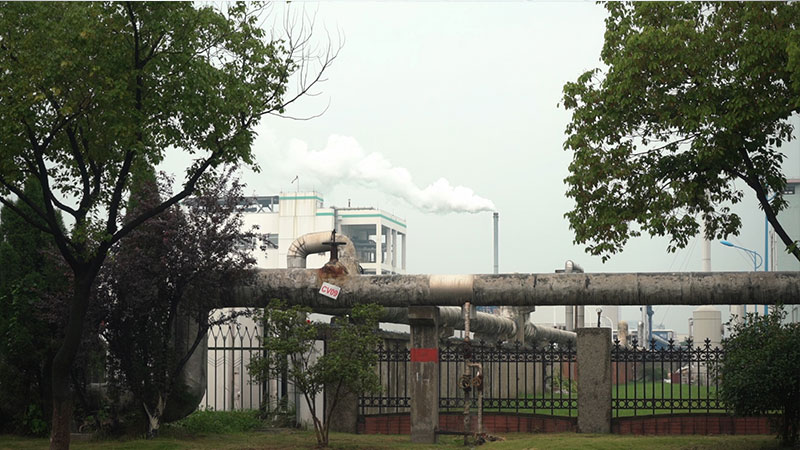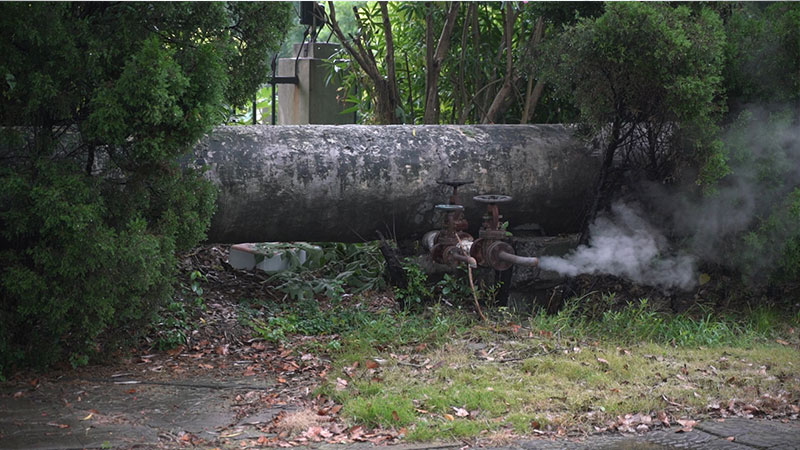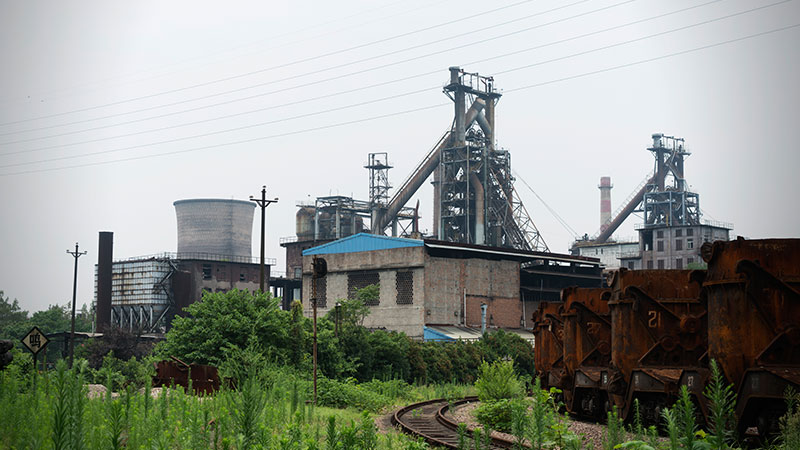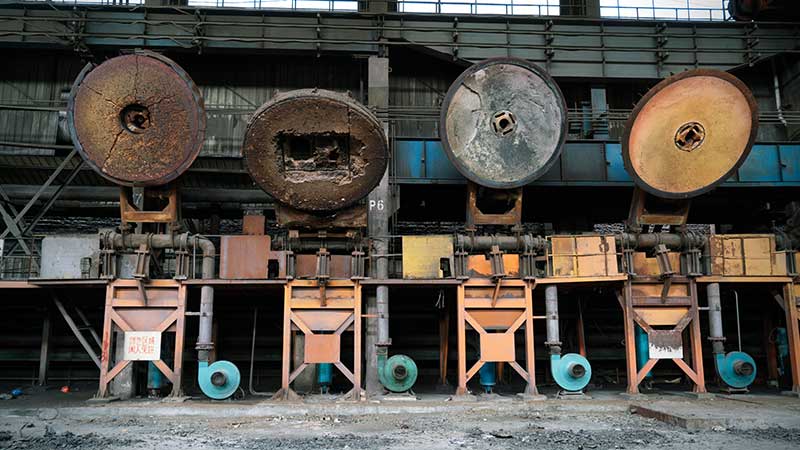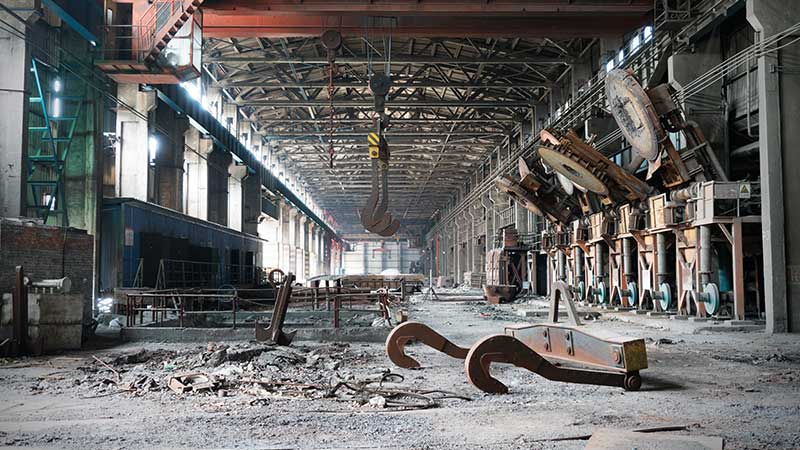The G20 summit, to be held on September 4 and 5, is Hangzhou’s biggest political assignment yet. The city has undergone a massive makeover since it was announced late last year that it would host the important global financial forum. The local government has gone all out, mobilising residents and sparing no expense and effort to ensure a clean, safe, beautiful and enjoyable experience for the world’s top leaders when they visit.
This year, the Ministry of Finance budgeted some 60 million yuan (HK$70 million, US$9 million) for the G20 talks – almost nine times the amount it set aside for the 2014 Asia-Pacific Economic Cooperation summit in Beijing. Though it is unclear exactly how much of the 160 billion yuan that Hangzhou budgeted for infrastructure investment this year has gone into preparing specifically for the G20 meeting, the city has already undergone 651 face-lifting projects so far as it gears up for the forum.
MASSIVE MAKEOVER
Hangzhou has gone full throttle in its face-lifting efforts. In a matter of months, the local government has constructed a new airport expressway, overhauled the city’s traffic network to make it more efficient, repaired roads, as well as built new pedestrian walkways and cyclist lanes. Work on many of these face-lifting construction works commences only after 10pm each day to avoid disrupting residents’ routines as they go about their daily lives.
To spruce up the city, the government has embedded thousands of light bulbs along the perimeters of roadside fields and installed new lights at main scenic spots and attractions. It has given buildings – especially those facing major roads – new coats of paint, built false balconies to hide unsightly air-conditioning units, as well as added window boxes with pretty plants to beautify the buildings’ exteriors. To render better-looking drone images of the city from a bird’s eye view, it has even ordered factories and other buildings to have their rooftops painted grey.
The city completed most of its revamp work by the end of June. But while officials have praised the speedy progress, it has come at a cost. For months, residents have had to put up with a significant amount of dust in the air, terrible traffic congestion and noise pollution throughout the day as the works were ongoing.
A large part of making over the city involved renovating its urban villages of dilapidated low-rise buildings. The local government had earlier planned to complete revamping and relocating 246 such villages by 2020, but has sped up demolition works this year because of the G20 summit.
At one such village – Jinjiang, one of the largest of its kind in Hangzhou’s old district – bulldozers worked their way through mountain after mountain of debris from pulled-down factories and flats. When the South China Morning Post visited in early July, a handful of people were observed making their way over and around piles of crumbling concrete back to their rental homes nearby. They were still living in the vicinity despite the bad air and unbearable noise from the demolition works as their landlords had yet to sort out their compensation from the authorities, they said.
Stallholders at the village market said their stall owners refused to extend their rental contracts this year, opting instead to renew their leases every three months. Business at the market, which was still awaiting its fate, had dropped dramatically as most residents had already moved away. They could hardly cover their rents, the stallholders lamented as they poured out their fears of having their livelihood dashed without compensation.
Chai, a stallholder
“We just want to be treated fairly. The market is very smart … They don’t sign contracts with us so that we won’t be compensated.”
SECURITY STRENGTHENED
As the summits nears, Hangzhou’s level of security has risen significantly. Police presence can be found almost everywhere. At the airport, near popular landmarks and tourist attractions, in parks and hotels and on the streets, police officers can be seen on the patrol.
Since May, thousands of students studying at police colleges – from neighbouring Jiangsu province to Beijing – have arrived in the city to spend their summer holidays helping local officers survey the neighbourhoods and manage traffic.
People from outside the province and vehicles without local registration plates come under closer scrutiny. According to local cabbies, private non-local vehicles face heavy penalties if found ferrying passengers using taxi-hailing apps like Didi and Uber. Both firms said in June that they would stop assigning orders to non-Zhejiang-registered vehicles until the summit ends.
Bus passengers, if found carrying water, are made to drink from their bottles as part of security checks before boarding the vehicle. Bar managers say foreign bands have since May been prevented from performing in the city as their work visas will not be approved until the forum closes.
Security professionals aside, the Hangzhou government has also mobilised some 760,000 civilian volunteers to help patrol neighbourhoods daily to collect intelligence and identify potential threats. The volunteers – mostly retired middle-aged women otherwise known as damas – don red armbands, vests and caps when they take their shifts to walk around designated areas looking out for suspicious people or objects left lying around.
A team of around 3,500 such volunteers, known as the “Wulin damas” for the downtown neighbourhood they are assigned to, travelled to Beijing earlier this year to learn from the “Chaoyang damas”, their counterparts in the capital. The Chaoyang damas have proven highly effective in Beijing’s eastern Chaoyang district, helping police crack down on drug abusers, illegal construction sites, unlicensed taxis and fire hazards, among other cases.
Wang Minjuan, a civilian volunteer
“We spend an hour in the morning and an hour in the afternoon patrolling the neighbourhood ... watching out for strangers and their intentions. We can tell if people are good or bad." ”
When they are not patrolling the neighbourhoods, Hangzhou’s dama security volunteers are undergoing English crash courses to arm them with handy English phrases that will enable them to conduct brief conversations with foreign visitors they may meet during the G20 summit.
To make learning easier, some have come up with a simple solution – by stringing together clusters of Chinese words that approximate the sounds of English syllables. The phrases are printed in a pamphlet titled "Happily welcome the G20, be a good host – quickly memorise 100 English sentences".
Although the pamphlet has drawn derision, its instruction method criticised for being difficult to commit to memory and making speakers sound stunted, it has also provided a fair amount of amusement for Chinese internet users who have shared it widely on social media.
Welcome to Hangzhou.
Wai-kan-mu tu Hangzhou.
歪看木土杭州
Hangzhou, a paradise on earth. Hangzhou, a pai-ai-na-da-si an e-si.
杭州 啊 派爱那达斯 俺 俄思
Hangzhou, one of the eight ancient capitals in China.
Hangzhou, wan ao-fu ei-te ao-fu ei-xun-te kai-pi-tou-si yin qia-na.
杭州 万 澳芙 诶特 奥付 诶寻特 开皮头斯 因掐那
West Lake, the best attraction in Hangzhou.
Wai-si-te lei-ke, bai-si-te ai-qu-ai-ke-shun-en yin Hangzhou.
外斯特 雷克 白四特 爱去爱可顺恩 因 杭州
SCHOOLS SHUT
The boosting of security measures citywide has also affected schools across the province. Some Zhejiang universities have, under government advice, laid down rules forbidding their students from remaining in their campus residences from late July until the G20 summit ends. College laboratories will also be closed during the period, according to official documents.
The campus residence move, while motivated by security concerns, has sparked discontent students as it forces many of them to move out of their university dormitories into much more costly off-campus accommodation even as some prepare for their examinations or undergo internship programmes.
Peter Xu, a third-year university student who is preparing for his graduate school entrance exams, said he had to rent a place outside after his college’s new rules kicked in. His four-person off-campus flat is a two-hour walk from the university and costs him 800 yuan (HK$930, US$120) a month.
Xu is inconvenienced, he says, as he now has to ride his motorcycle every day to the university library to study and arrives home only after 10pm because of the longer distance to travel. Some students said they had to rent apartments and hotel rooms at a monthly rate of some 1,500 yuan while others decided to leave Hangzhou for the summer after failing to find affordable accommodation.
In June, angry students from Zhejiang University took to the internet to criticise the institute’s measures. The post on Chinese question-and-answer forum Zhihu.com quickly attracted a long list of responses from other students across the city, sharing their annoyance. The website, however, censored the post soon after due to its “political sensitivity”, and the university has since banned all G20-related discussions on its internal forums, an official notice revealed. The students brought their discussions over to the English-language Q&A website Quora after the ban.
“It is beyond me why all this happens … There is seldom chance for you to figure out the real reason why they [impose such measures]”– an irate Chinese student on Quora
The universities’ closing of campus accommodation did not affect all students, though. Students among the G20’s 3,000 conference volunteers have the luxury of staying on in their college dormitories for summer training, during which they will find out their assigned duties and be taught how to go about them.
But volunteer work isn’t all fun and games. Volunteers have to attend a series of mandatory meetings and training sessions as well as pass psychological, physical and English communication tests. And not everyone qualifies to become one. The selection process is stringent – far more rigorous than many other high-level summits such as the annual World Internet Conference.
The application prerequisite is that the student volunteers must first belong to either the Communist Youth League or the Communist Party. There are height requirements, too: 175cm for men and 165cm for women. Then comes three rounds of background checks. Most volunteers the South China Morning Post reached out to declined interview requests, citing “sensitivity”. The few who spoke did so on condition of anonymity, revealing that the selection committee was “extremely careful” in examining candidates’ religious beliefs. One aspiring volunteer dropped out of the selection process for fear that being Christian could disqualify her.
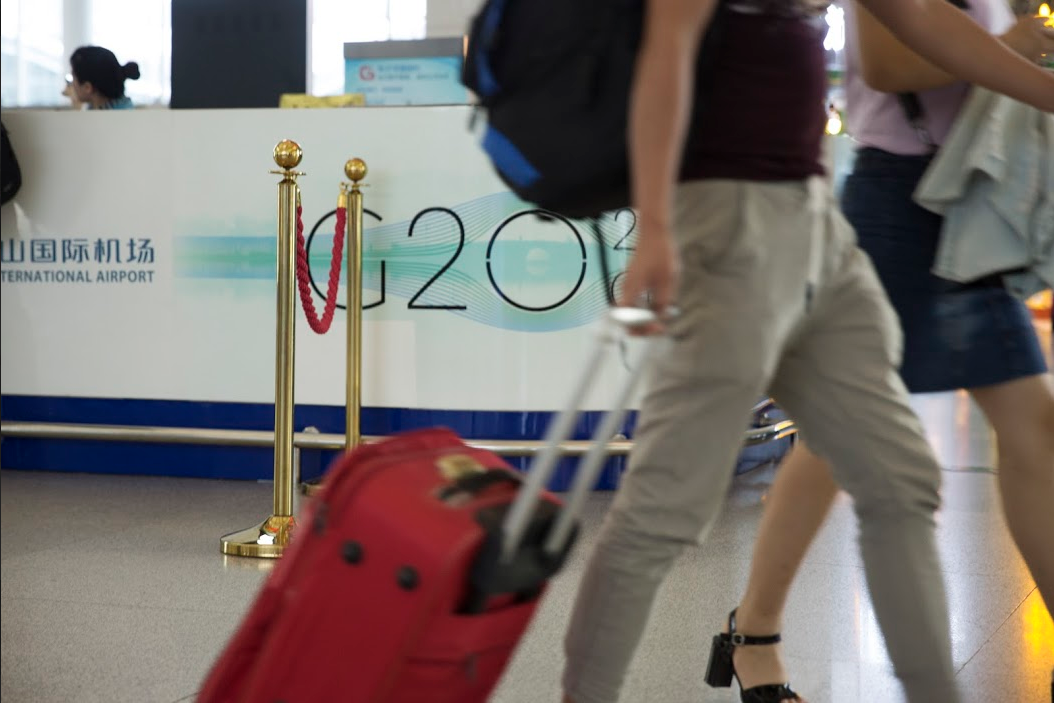
CROWDS CLEARED
Even as universities impose measures to manage their students in the lead-up to the G20 summit, the Hangzhou government has granted the city’s workers a week-long holiday during the week of the summit. The holiday is aimed at encouraging residents to travel out of the city in order to minimise crowds during the event.
Neighbouring cities and counties have seized on the opportunity to offer a wide range of travel discounts and vouchers in an effort to attract tourists from Hangzhou. The scenic city of Huangshan in Anhui province has offered all Hangzhou travellers free tickets to its 55 top attractions.
As a result of the week-long holiday, “we expect an eruption of travellers heading out of Hangzhou in the beginning of September”, says Xu Liang, manager of state-owned China International Travel Service’s Zhejiang branch.
COMPANIES CLOSED
With the city’s workers off on holiday, firms and factories will also grind to a halt. It has become common practice for the Chinese government to shut down polluting factories to ensure blue skies and fresh air during important international conferences, and Hangzhou is no exception.
The provincial housing authority announced in May that industrial factories within a 300km radius of the Hangzhou Olympic Sports Expo Centre – the G20 summit’s main venue – would have to suspend production from August 26 to September 6, according to an official document later deleted from its website. The closure of factories to ensure the “G20 blue” also applied to Shanghai, where 255 factories were to shut for two weeks from August 24.
Concerned factory owners shared their fears online about business losses due to the suspension of production. The exact number of days factories are required to stop operations varies according to the levels of pollution they emit.
Karl-Ingo Schmidt, a Hangzhou resident who runs a German automobile parts manufacturing firm near the airport, said his factory would be closed for just seven days. “But for companies that produce high air pollution, water pollution, noise or dust, they have a larger time slot to close,” he said.
Shen Yongmao, retired Hangzhou Iron & Steel Group worker
“Because its gas emissions polluted the air, the group’s factory had to close. After it closed, some employees were received by other Hangzhou firms … Those left behind were forced to retire.”


